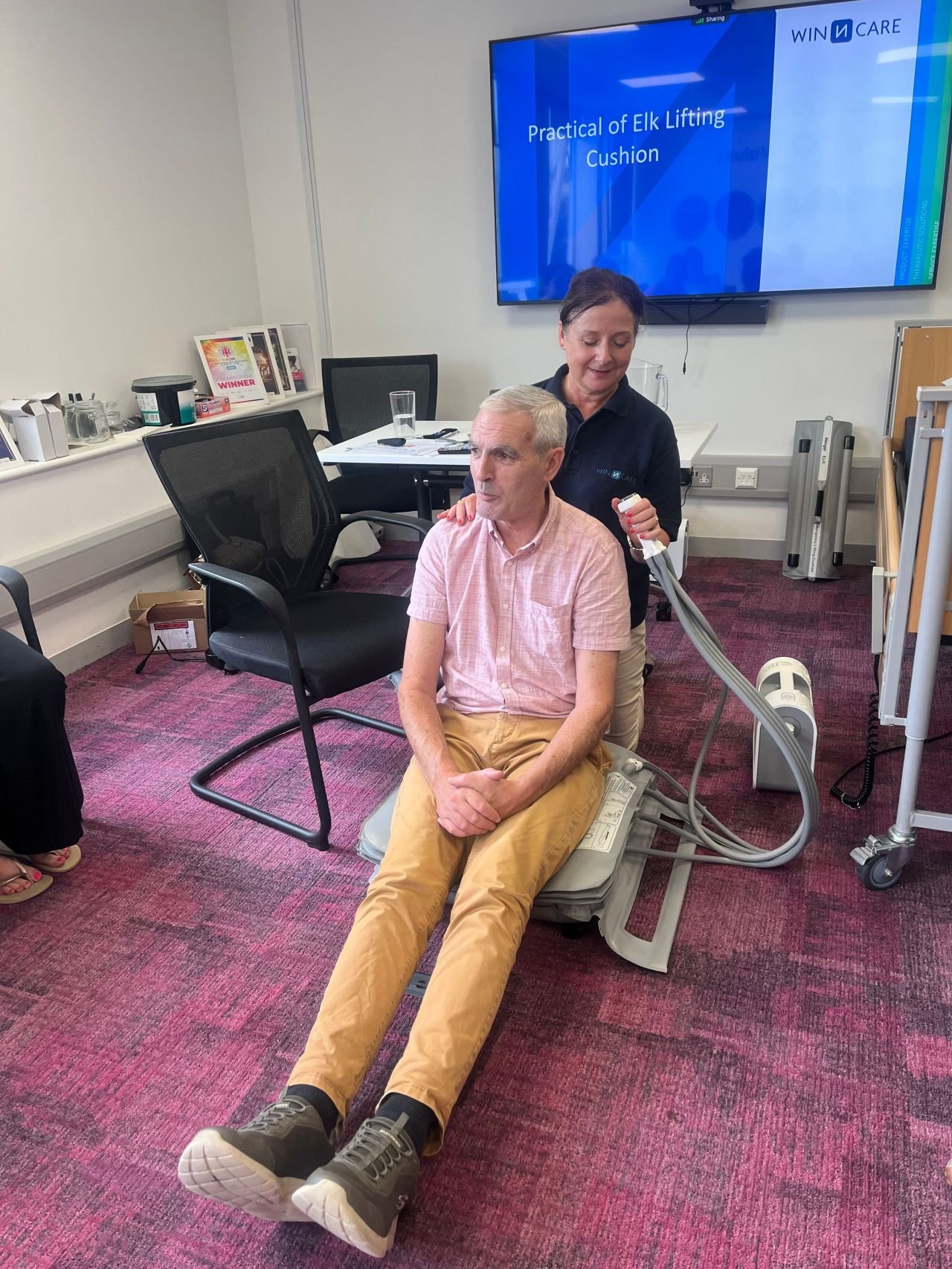Understanding the ‘Long Lie’ Problem and Innovative Solutions from Abbots Care, Winncare, and HCPA
A pressing issue in healthcare and elderly care, particularly impacting those living alone, is the phenomenon known as the ‘long lie’. This term is used to describe a situation where an individual falls and remains on the ground for an extended period, unable to get up without assistance. The implications of a long lie can be serious, ranging from physical injuries to psychological distress, and can exacerbate pre-existing health conditions.
The Risks Associated with Falls and Long Lies
When an elderly or vulnerable person falls and cannot get up, the duration of their immobility can lead to a variety of complications including pressure ulcers, muscle breakdown, dehydration, hypothermia, and even increased risk of mortality. Moreover, the fear of falling again can lead to decreased mobility, leading to further physical decline and social isolation.
Abbots Care’s Collaborative Fall Recovery Programme
Recognising the gravity of this issue, Abbots Care are excited to be part of a ground-breaking pilot programme in collaboration with Winncare, a medical equipment manufacturer, and the Hertfordshire Care Providers Association (HCPA). The programme is designed to provide a rapid response to incidents where individuals have fallen and are unable to get up on their own.
The core of this initiative is the use of electric lifting cushions, an innovative technology designed to safely lift individuals from the floor to a seated or semi-seated position. These devices are not only portable and easy to use but also ensure the dignity of the person being assisted.
Benefits to the Local Health Service
The introduction of electric lifting cushions has several benefits for local health services. Firstly, it reduces the strain on emergency services. Typically, a fall that results in a long lie might require an ambulance call-out. With care providers equipped with lifting cushions, many of these situations can be managed without involving emergency medical services, thereby freeing up these critical resources for more urgent cases.
Secondly, the prompt response and the appropriate use of lifting technology can significantly reduce the severity of injuries resulting from falls, by minimising the time a person spends immobile on the floor, the programme helps prevent the complications associated with long lies. This not only improves outcomes for the individual but also reduces the subsequent demand on healthcare services, from emergency treatments to long-term rehabilitation.
Reducing the Significance of Injuries From Falls
The physical benefits of reducing the duration of long lies are clear, but the psychological impact is equally significant. The ability to promptly assist a fallen individual alleviates the immediate stress and anxiety associated with the fall. It also helps in maintaining the confidence levels of the elderly in their ability to live independently, knowing that rapid help is available.
Conclusion
The pilot programme by Abbots Care, in collaboration with Winncare and HCPA, represents a significant step forward in community health care. By integrating technology such as electric lifting cushions into the response for falls, the programme not only enhances the efficiency of health service delivery but also significantly improves the quality of life of individuals at risk of falls. As the programme progresses, it offers a model that could potentially be adopted more broadly, helping communities far and wide mitigate the risks and impacts of long lies.
You can read about fall prevention strategies via the link
Read our latest news, views and insights…

